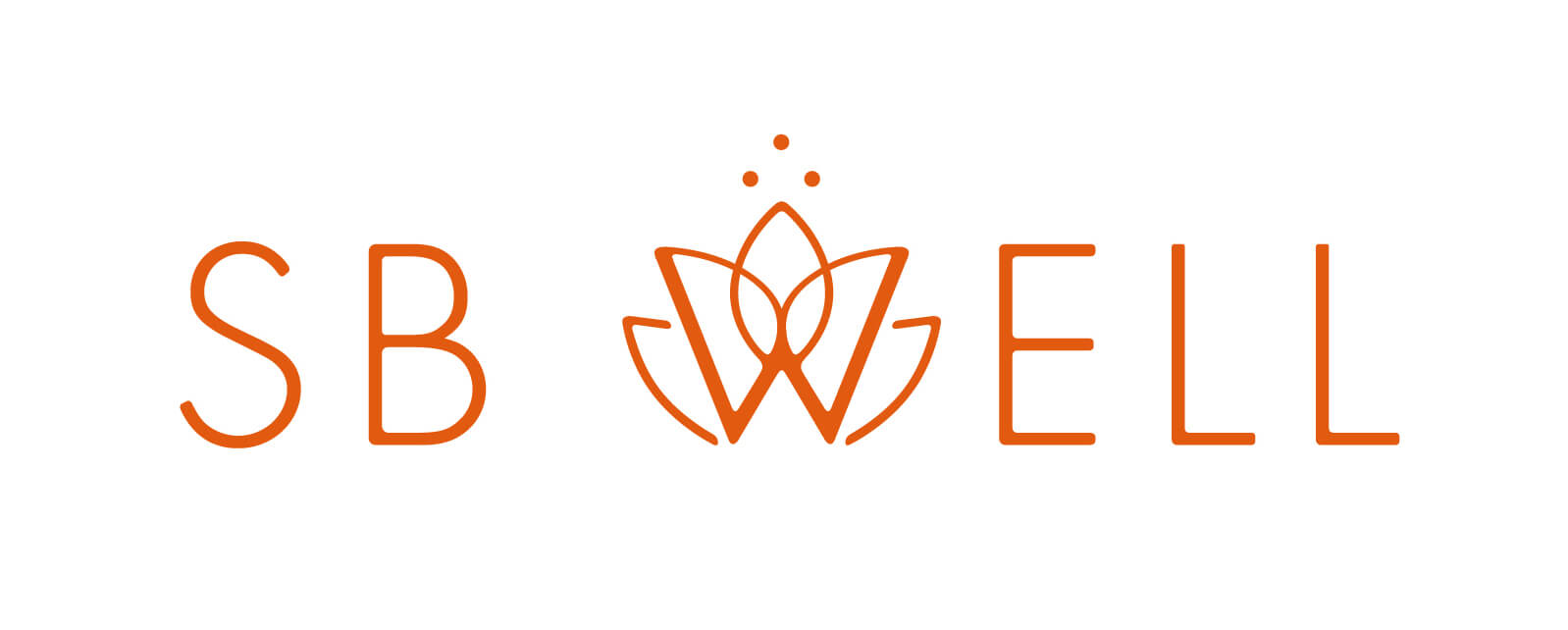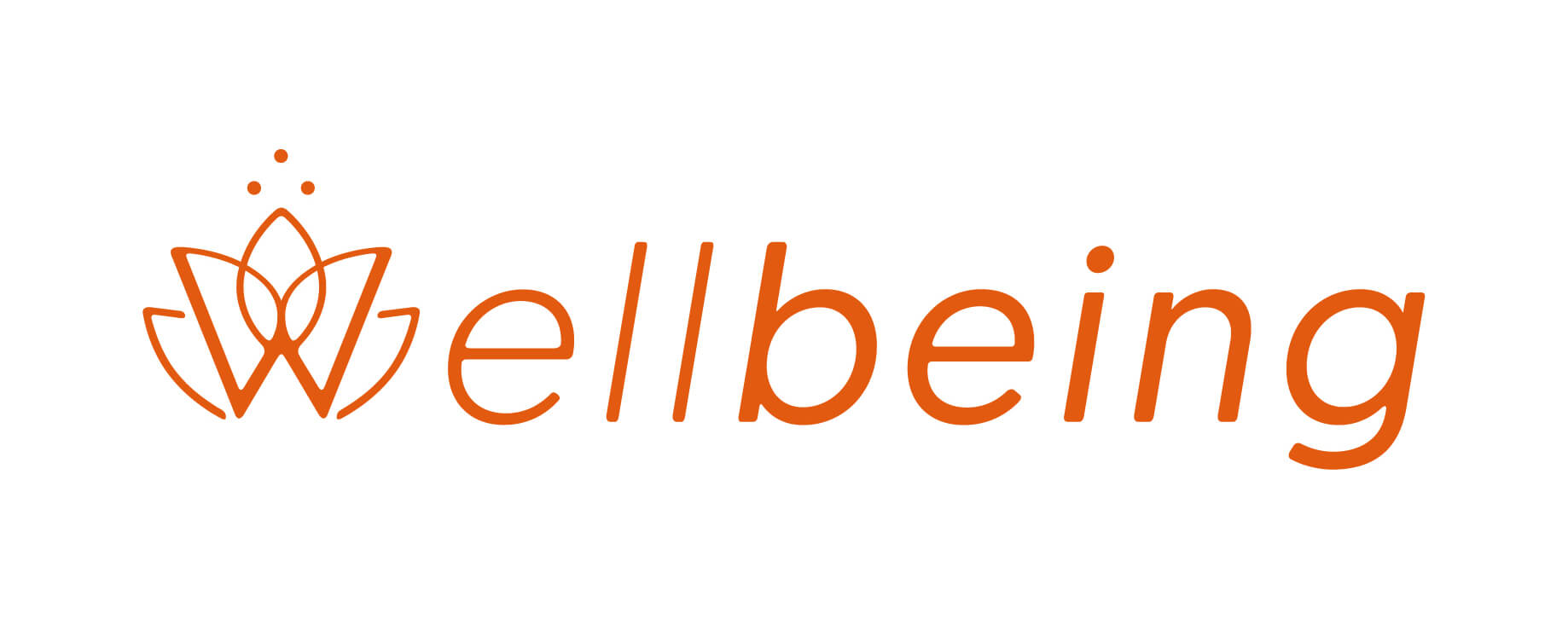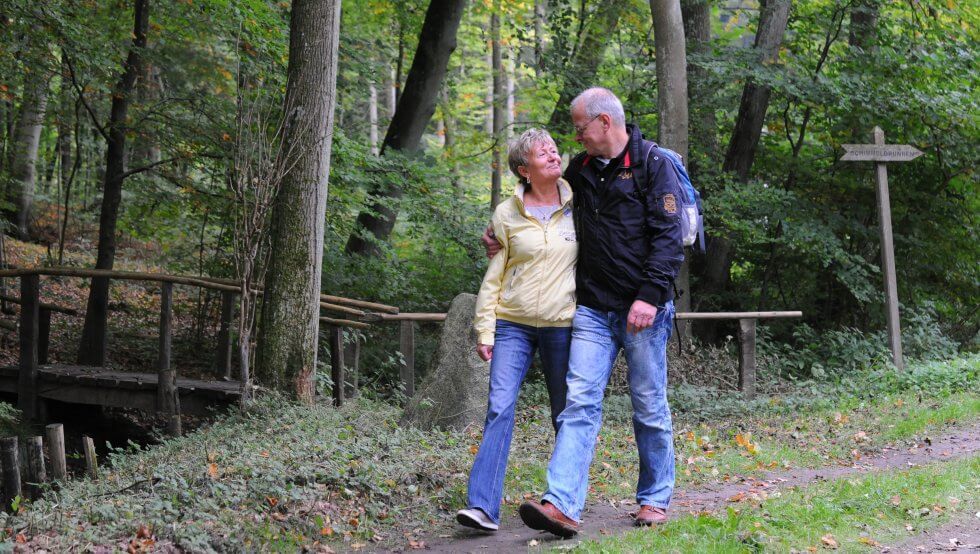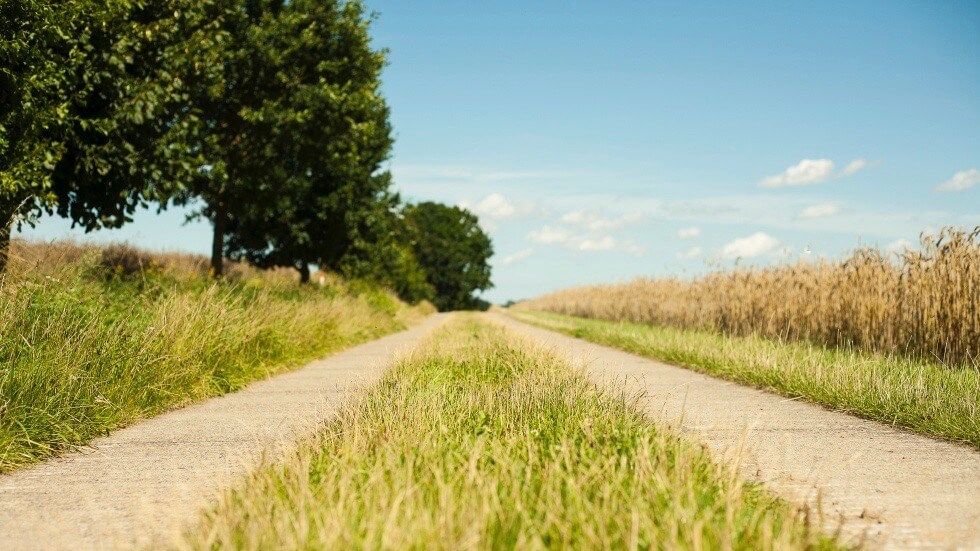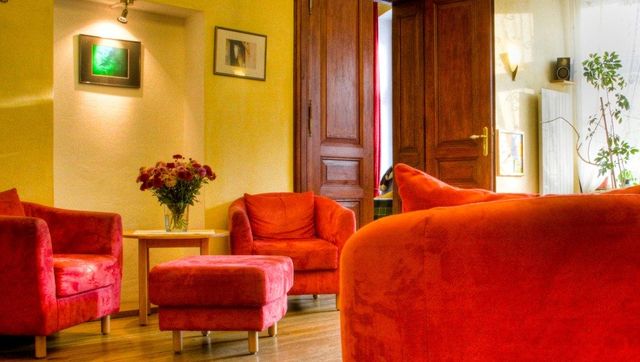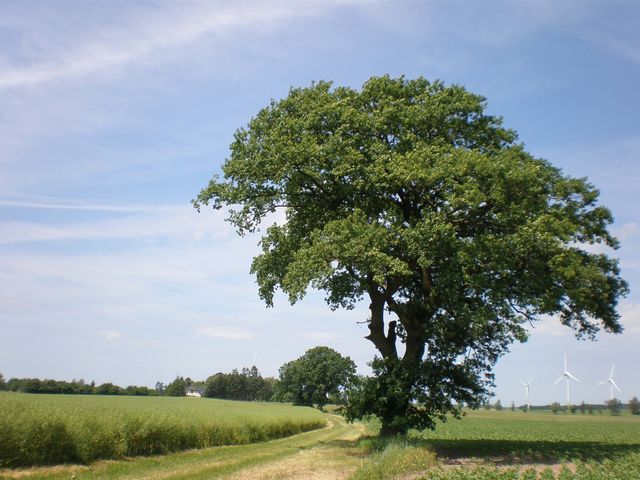Wellbeing tourism
A tourism trend in the Vogelparkregion Recknitztal
To feel good during a vacation - that is most important for all guests. Forgetting about the daily routines, experiencing something new and discovering other regions. No matter if guests look for calmness, adventures or quality time with their family, the main thing they want during vacation is having a great time. More and more, people want to do something good during their trip as well. They want to make sure, that the nature and environment in the destination are as little affected as possible because of their stay.
The tourism association Vogelparkregion Recknitztal collaborates international partners in the Interreg South Baltic project "Wellbeing Tourism in the South Baltic Region - Guidelines for good practices & Promotion". Partners in Sweden, Denmark, Poland, and Lithuania develop criteria and instructions for wellbeing tourism.
Wellbeing tourism implicates an intention to do good, to have a positive impact on people, both guests and hosts, on the surroundings, on the planet, in the present, and in the future. When you do good, you feel good and develop a state of wellbeing.
Individual wellbeing
For the individual aspect the body, mind and soul are interconnected and each one affects the others and they all have an impact on our wellbeing.
Wellbeing for the body is about your physical health and pleasure. Health is promoted by activities and things that have a positive effect on the body. This can for instance result in increased vitality, resilience, and longevity. Pleasure derives from stimulation of the senses. Often it will lead to relaxation or positive emotions such as joy.
Wellbeing for the mind is about yourintellectual and emotional state. It has positive effects on the amount and quality of your thoughts and of your feelings. It can for instance bring calmness, clarity, awareness, insights, creativity, optimism, and a sense of belonging.
Wellbeing for the soul –or spiritual wellbeing has to do with your whole being. It can for instance bring a sense of being connected to something greater than oneself and having a purpose in the world, and it can result in consciousness, love, self-worth, intuition, inner peace, fulfilment, compassion and bliss.
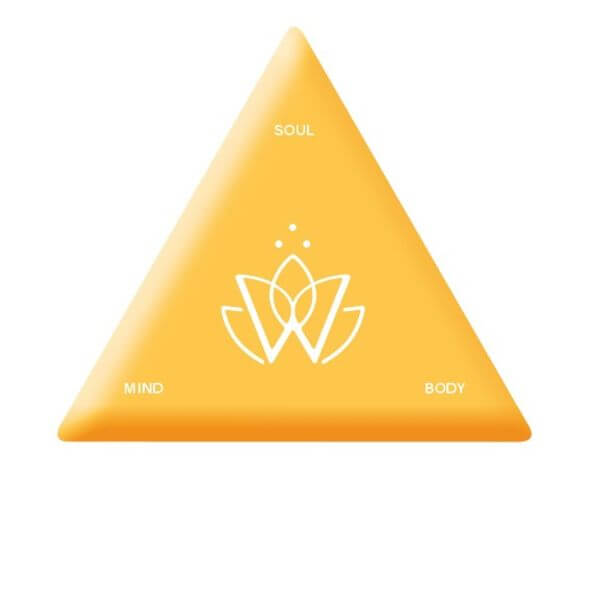
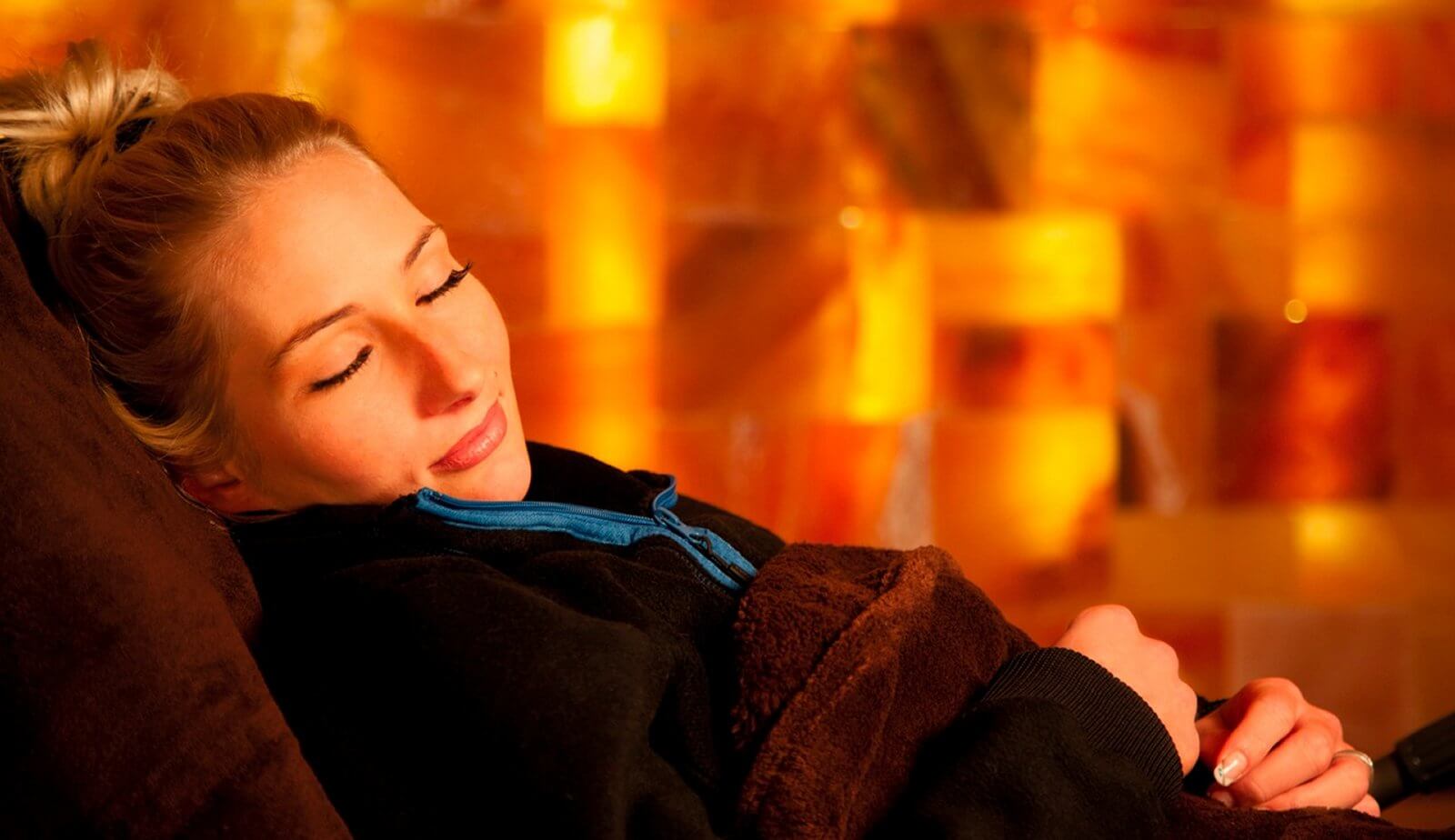
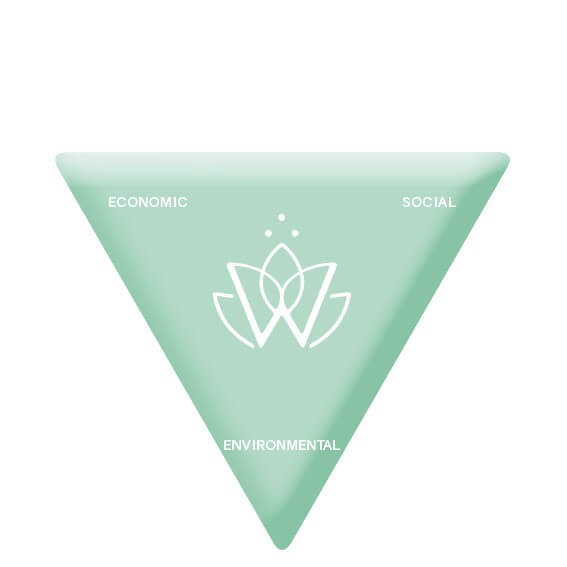
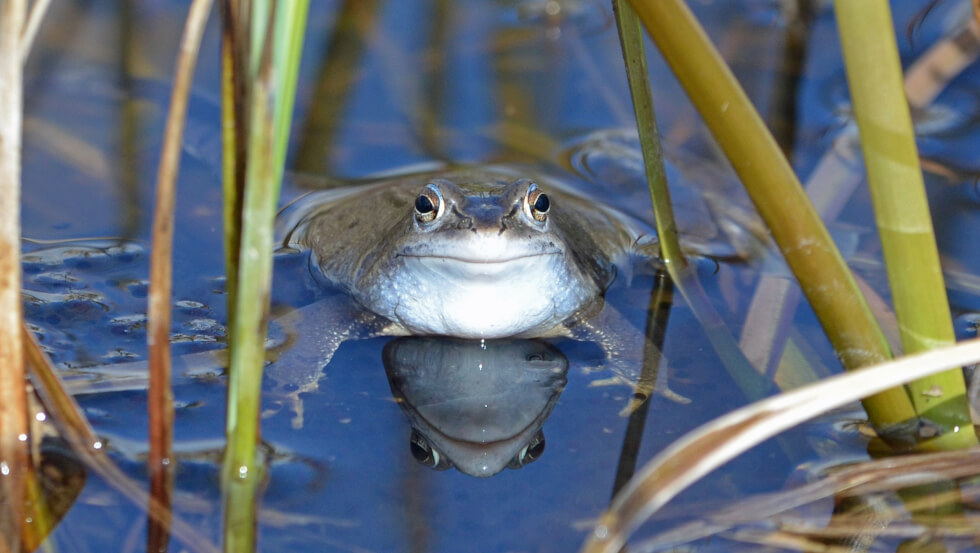
Sustainability in wellbeing tourism
For the aspect regarding community and world, a balanced integration of thesocial, environmental and economic aspects creates sustainability. Tourism that is sustainable contributes to a sustainable community. Sustainable tourism according to the UN is “Tourism that takes full account of its current and future economic, social and environmental impacts, addressing the needs of the visitors, the industry, the environment, and host communities.”
Environmental wellbeing is about a reasonable use of the planet’s resources and how our behaviour affects the nature. Taking responsibility for the environment includes actions like supporting conservation of the natural heritage and of biodiversity, limiting waste and avoiding pollution. Environmental wellbeing will ensure sufficient natural resources for all also in the future.
Social wellbeing is about having a holistic perspective on social sustainability. It implies that you respect and use theresources of the local community and its cultural heritage and nature. You collaborate and interact positively with others, provide good working conditions and contribute to intercultural understanding, equality and acceptance.
Economic wellbeing is about considering the economic impact of your activities. It ensures viable, long-term economic prosperity for your company. At the same time, it benefits your stakeholders and your community by developing a fair and productive work environment, building strong and positive relationships with others through for example co-creation and by sharing resources.
The contents of this web page are the sole responsibility of the author[s] and can in no way be taken to reflect the views of the European Union, the Managing Authority or the Joint Secretariat of the Interreg South Baltic Programme 2014-2020.
